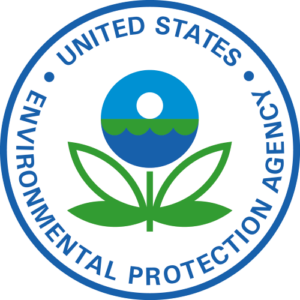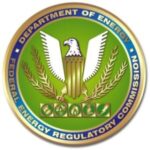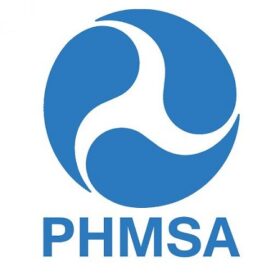
The Interstate Natural Gas Association of America (INGAA), submits comments on the U.S. EPA’s proposed rule National Emission Standards for Hazardous Air Pollutants (NESHAPs) for Reciprocating Internal Combustion Engines (RICE), hereinafter referred to as the “Proposed Rule”. The proposal, which would revise 40 CFR Part 63, Subpart ZZZZ, was published in the Federal Register on March 5, 2009 at 74 FR 9698.
INGAA member companies transport more than 90 percent of the nation’s natural gas, through some 200,000 miles of interstate natural gas pipelines. INGAA member companies operate over 6,000 stationary natural gas-fired spark ignition internal combustion (IC) engines, which are installed at compressor stations along the pipelines to transport natural gas to residential, commercial, industrial and electric utility customers.
INGAA and its member companies have a history of working with the U.S. EPA Office of Air Quality Planning and Standards (OAQPS) on standards that affect equipment used in natural gas transmission, including stationary spark ignited IC engines and combustion turbines. In supporting the development of MACT standards and more recent EPA NSPS rulemakings, INGAA members have provided data and input integral to the technical foundation of these important regulations. As demonstrated through its prior work and the comments that follow, INGAA remains committed to providing constructive comments on proposed rules based on the underlying principle that regulatory requirements must be rooted in empirical evidence and sound science.
The background documentation and projected benefits for the Proposed Rule appear to primarily on diesel engines. For natural gas-fired engines, the Proposed Rule includes emission limits and conclusions regarding controls “beyond the MACT floor” that are based on very limited and questionable data. INGAA believes that for natural gas-fired engines additional data are needed to support further analysis regarding emission limits, applicability of limits for different operating conditions, and control technology performance. Accordingly, EPA should negotiate an alternative rulemaking schedule for natural gas-fired units.
INGAA’s full comments can be downloaded via the link on the right.







